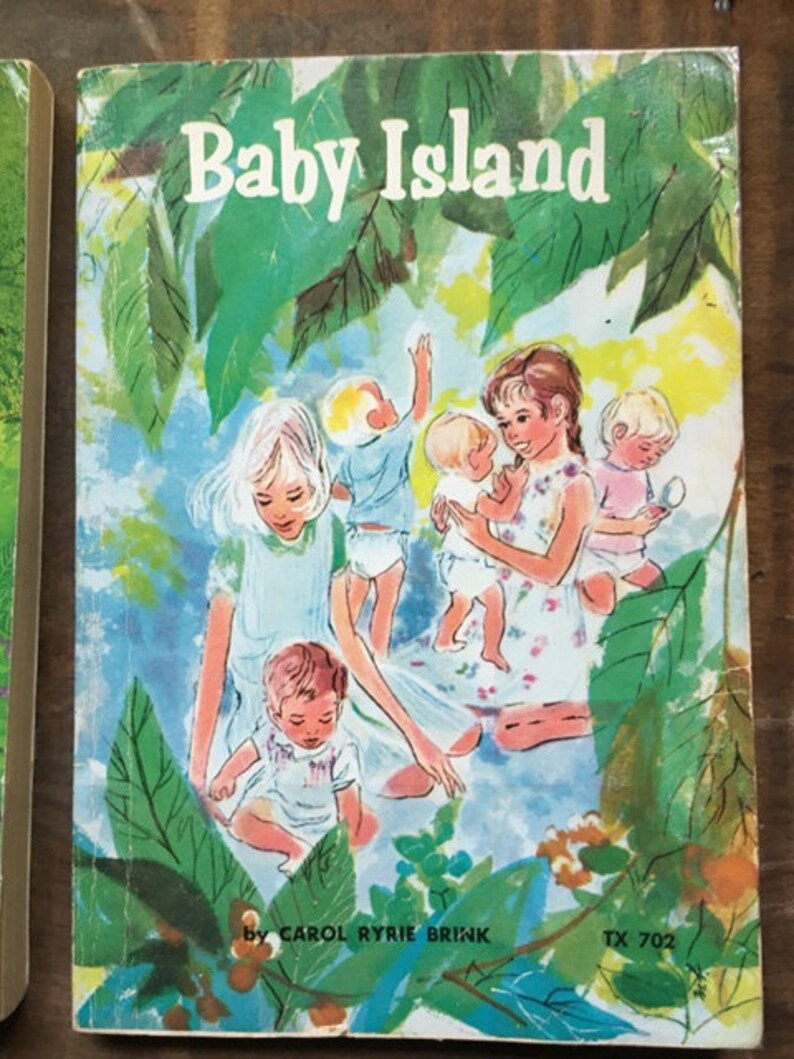

It wasn't that he couldn't work - or had no opportunity in fact, he rejected job offers throughout the story. He almost boasted of his choice to live off the street and not answering to authority. Initially I took exception to Armand's pride in laziness. They were more than willing to accept these homeless children into their community. While private and secretive, their hearts are wide open. However, it was interesting to see this culture from a different perspective. When traveling in Europe, particularly Paris, tourists are told to be wary of the gypsies. I thoroughly enjoyed the references to various arrondissements, particularly the Les Halles food market.

I am a devout lover of Paris - which is what initially attracted me to this book.

The only item on the children's wish list is a home, and Armand promises to deliver. The story takes place in December and there are subtle references comparing Armand to Father Christmas. They immediately begin to refer to him as Grandpa. The children ignore this grumpy exterior and notice only his kind generosity. He pretends to be gruff with them, but knows he cannot turn them away. When Armand returns to his home under the bridge, he discovers three children hiding there. As we learn throughout the story, however, it is not that he dislikes children but rather he is afraid they might steal his heart. He is an affable character, although not a fan of "starlings" (children). He is actually quite fond of his hobo status, taking pride in his perceived laziness and unemployment. The main character, Armand, is a hobo living under one of the famous Parisian bridges that cross the Seine. I believe this would help open the lines of communication for children to ask questions and voice concerns. It is for this reason that I recommend the book, but with the caveat an adult read the story as well.

Some rather difficult subjects are discussed, such as homelessness, and prejudice towards those who are different (whether less fortunate, of another culture, or adhere to another moral code). Perhaps that is why I am enjoying this reading focus at this point in my life.Įven though the book is over a half-century old, I do believe the story is still relevant today. I'm finding that to be a popular theme with these middle grade fiction posts: I missed most books of this genre at the time when when I was the intended audience. Yet somehow I never heard of it growing up. This story is as old as I am - literally.


 0 kommentar(er)
0 kommentar(er)
